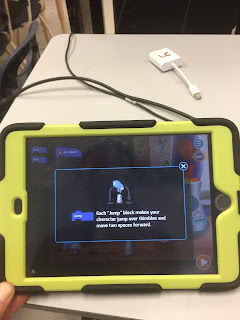Welcome to the Learning Commons!
 What is the difference between a library and a learning commons?
What is the difference between a library and a learning commons?
Think of it as a shift from the dining room where food (knowledge) is passively consumed to the kitchen where knowledge is created (and is sometimes messy)!
As schools change, school libraries must also evolve from simply providing information to students to engaging students and helping prepare them to become critical thinkers, evaluators, users, and creators of information and knowledge.
In addition to providing access to traditional forms of knowledge like books, periodicals and print information, students have access to other forms of media and devices they will need to create and share. Students can determine how best to use the space and resources to study or to work on school assignments, projects or coursework individually or with others.
Students, parents, teachers, administrators, and the community can also use the space for instruction, social or collaborative learning, production and presentation.
Benefits
Benefits of Learning Commons include:
- Learning commons promote global and cultural understanding as students collaborate with their local and broader community to investigate and create solutions to complex problems
- Learning commons emphasize active and collaborative engagement and encourage the co-creation of knowledge by all learners
- The virtual aspect of a learning commons (a VLC) promotes more efficient use of technology for creation and sharing of knowledge as well as enabling 24/7 access to resources and shared collaborative space for all students
- Research shows improved student achievement and literacy development for students who have access to quality school library services, which include learning commons
(From Alberta Education and Education Matters)



